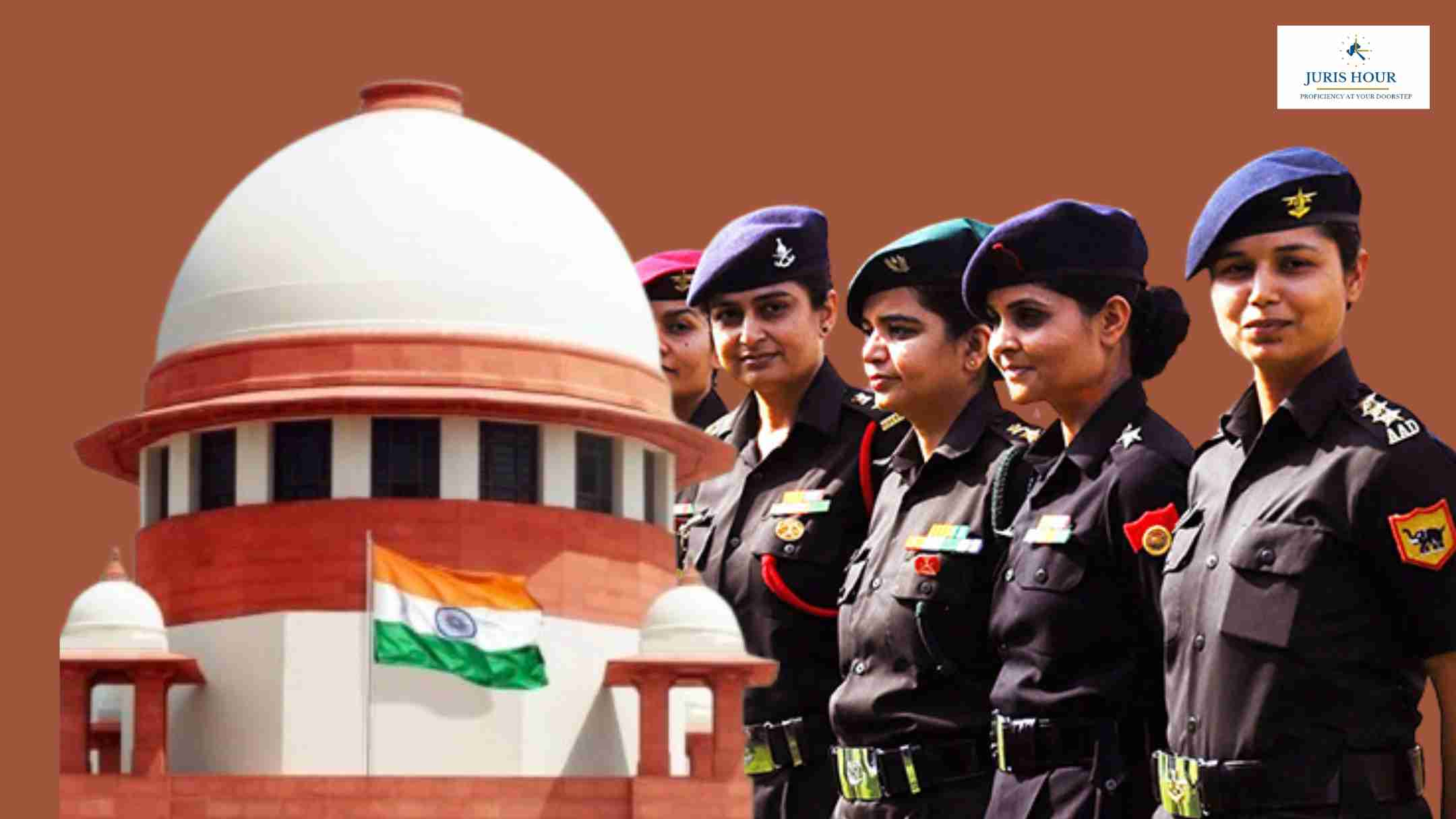Supreme Court Halts Release of Serving Women Army Officers Amid National Security Concerns

Supreme Court Halts Release of Serving Women Army Officers Amid Indo-Pak Tensions
In a significant interim relief for women officers in the Indian Army, the Supreme Court of India today stayed their release from service, directing that no serving woman officer be relieved until the next date of hearing.
A bench of Justices Surya Kant and N. Kotiswar Singh, made it clear that the stay was granted "without creating any equity in their favor." The bench emphasized that the current national climate—particularly heightened tensions between India and Pakistan following the Pahalgam terror attack—warrants strong support for the armed forces.
“This is not the time to keep these officers running around courtrooms,” observed Justice Kant during the hearing, underscoring the importance of maintaining high morale among serving personnel. “There are better places now for them to perform. Let their morale remain high. We will decide the matter on merits. Meanwhile, utilize their services,” he added, addressing Additional Solicitor General Aishwarya Bhati, who represented the government.
Case Highlights Lt. Col. Geeta Sharma's Service and Legal Battle
The immediate context for the hearing was the case of Lt. Col. Geeta Sharma, a Short Service Commission (SSC) officer who, despite distinguished service since 2011, was not granted a Permanent Commission in 2020. Represented by Senior Advocate Menaka Guruswamy, Sharma's counsel argued that she had not been dismissed but was prematurely relieved, and therefore, should be allowed to continue serving.
Guruswamy highlighted that had the Supreme Court not intervened in the landmark Babita Puniya case, officers like Col. Sofiya Qureshi—who recently led the press conference on India’s Operation Sindoor—might never have had the opportunity to serve the nation in crucial roles.
Army’s Stand and Court’s Response
ASG Bhati, while acknowledging the sacrifices and commitment of Indian soldiers, noted that Lt. Col. Sharma was deemed unfit for Permanent Commission by a review board in 2020. After receiving a four-year extension, she moved the Armed Forces Tribunal in 2024 upon nearing the end of her extended tenure. Bhati contended that, under existing rules, Sharma was only entitled to terminal leave after formal release upon completion of 14 years of service.
However, the bench appeared unconvinced by arguments centered around the Army’s "steep pyramidical structure" and the need for younger personnel. Justice Kant responded that operational excellence requires a balanced mix of seasoned leadership and youthful energy. “You need a blend of both. Young officers must be trained and mentored. When you see our soldiers stationed at altitudes of 60,000 feet, serving selflessly, it humbles us all,” he said.
Interim Relief Until Final Decision
In conclusion, the Supreme Court ordered a stay on the release of all currently serving women officers until the next hearing date, allowing the Army to continue utilizing their services in the interim.
The case is expected to have broader implications for gender parity and long-term career prospects of women in the Indian Armed Forces.
Case Details
Case Title: Lt. Col. Pooja Pal And Ors. Versus Union Of India
Case No.: C.A. No. 9747-9757/2024 (and connected cases)
Read More: India’s Reaction to Pakistan’s Surrender in 1971 War

